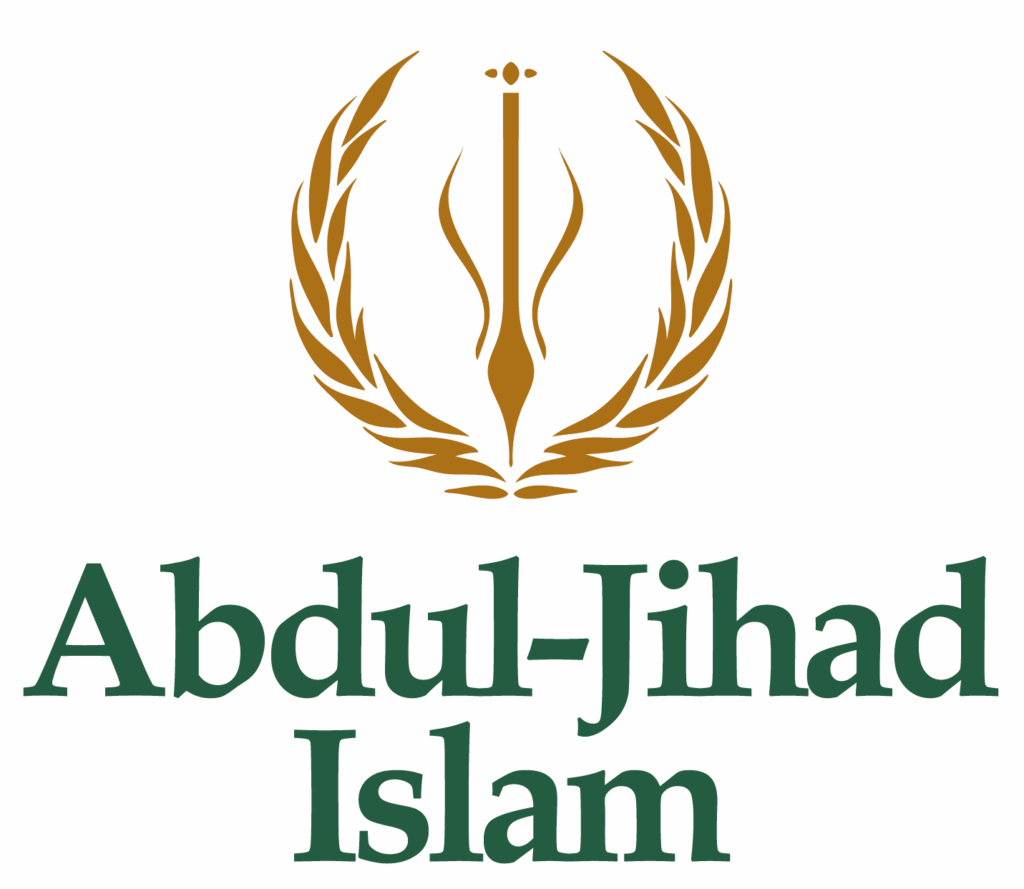
Introduction: Redefining the Meaning of Freedom
Freedom is often understood as the ability to live without restraint, to go wherever and do whatever one desires. But through faith, believers learn that true freedom is not the absence of boundaries but the presence of purpose.
In “Practicing Islam in Prison and Society”, Abdul Jihad Islam shares a journey that redefines freedom. His story shows that even in physical confinement, the heart can be free when connected to Allah. Islam taught him that liberation begins not with open gates but an awakened soul.
The more profound message of his experience is that faith transforms how one perceives life’s limitations. What once felt like loss became opportunity. What once seemed like punishment became purification. Through Islam, he discovered that freedom is not in the world outside, but in the peace within.
Freedom Through Submission to Allah
Meaning
The greatest paradox in Islam is that true freedom comes through submission. While this may seem contradictory, it reveals a profound truth: when one submits to Allah, they are no longer enslaved by worldly desires, fears, or ego.
Allah says:
“And whoever submits his face to Allah while he is a doer of good, then he has grasped the most trustworthy handhold.” (Qur’an 31:22)
In prison, Abdul Jihad Islam realized that before surrendering to Allah, he was a prisoner to his own impulses and mistakes. Once he embraced Islam, he found release from guilt, confusion, and emptiness. His soul, once burdened, became light with faith.
Daily Life Application
This lesson applies to every believer, regardless of circumstance. The world often promotes freedom as pursuing desires, wealth, status, or pleasure, yet these attachments can quietly enslave the heart.
True liberation lies in worship and remembrance. A Muslim finds peace not by escaping rules but by aligning with divine wisdom. Prayer, fasting, and charity become acts of freedom because they free the heart from selfishness and bring it closer to Allah.
Freedom From the Past: The Power of Forgiveness
Meaning
Another lesson from Abdul,Jihad’s story is that freedom begins with forgiveness from Allah and oneself. In prison, he carried the weight of past choices, but through sincere repentance, he learned that Allah’s mercy wipes away even the heaviest burdens.
Allah says:
“Indeed, Allah loves those who are constantly repentant and loves those who purify themselves.” (Qur’an 2:222)
Forgiveness became the doorway to freedom. It released him from the chains of regret and allowed him to rebuild his life on faith and gratitude.
Daily Life Application
Many people live as prisoners of their own pasts, trapped by guilt, mistakes, or what others think of them. Islam teaches that repentance is a gift, not a punishment. Each time one turns to Allah sincerely, the slate is cleaned and the heart is renewed.
Believers can move forward with hope by letting go of self and blame and trusting Allah’s mercy. Forgiveness is not forgetting the past but learning from it and rising stronger because of it.
Freedom Through Patience and Trust
Meaning
Patience (sabr) is one of the greatest forms of spiritual strength. For Abdul,Jihad Islam, patience transformed his hardship into wisdom. He discovered that trust in Allah made waiting meaningful even when freedom seemed distant.
The Prophet Muhammad ﷺ said:
“Know that victory comes with patience, relief with affliction, and ease with hardship.” (Tirmidhi)
Every trial has its divine purpose. Through patience, the believer learns to see beyond pain and recognize Allah’s wisdom at work.
Daily Life Application
Patience is a practice that brings peace in both confinement and freedom. Waiting for answers, healing, or success can test one’s heart in everyday life. But when paired with trust (tawakkul), patience becomes a source of strength.
Trusting Allah’s perfect timing allows believers to find calm even in uncertainty. This mindset frees them from anxiety and fear, leading to emotional and spiritual liberation.
Freedom in Simplicity and Discipline
Meaning
In modern society, people often equate success with abundance, wealth, possessions, and power. Yet, Islam teaches that freedom lies in simplicity and self-control.
Through fasting, prayer, and charity, Abdul Jihad Islam learned to detach from material desires and focus on spiritual richness. He found that contentment is not in having more but in needing less.
The Prophet ﷺ said:
“Richness is not having many possessions, but richness is being content with oneself.” (Bukhari, Muslim)
Daily Life Application
This lesson applies to anyone caught in the cycle of consumerism or comparison. Simplifying life and practicing gratitude lead to clarity and peace. By disciplining the soul, through moderation, honesty, and reflection, believers discover freedom from greed and envy.
Islam’s teachings on modesty, charity, and humility remind us that true wealth lies in the purity of the heart.
Freedom Through Knowledge and Purpose
Meaning
Faith without understanding is fragile. Knowledge deepens faith and brings freedom from ignorance, doubt, and confusion. For Abdul,Jihad Islam, studying the Qur’an and Sunnah became his lifeline in confinement. It gave him direction, confidence, and purpose.
Allah says:
“Are those who know equal to those who do not know?” (Qur’an 39:9)
Learning about Islam turned his isolation into education. Each verse and reflection became a step toward liberation, teaching him that freedom is not about movement but meaning.
Daily Life Application
Every believer can experience this liberation by seeking Islamic knowledge through classes, reading, or reflection. Understanding the wisdom behind worship transforms faith from ritual into relationship.
Knowledge gives clarity, removes doubt, and strengthens conviction. It guides Muslims to live intentionally, using every action as an opportunity to serve Allah and grow in purpose.
Modern Reflection: What Freedom Truly Means
In the modern world, freedom is often confused with independence from all boundaries. Yet, such freedom can lead to emptiness, a never-ending search for meaning. Islam offers a different path: freedom with responsibility, liberation through discipline, and joy through submission.
Abdul, Jihad Islam’s journey illustrates that freedom begins when one stops chasing the world and starts seeking Allah. When a believer’s heart is anchored in faith, external circumstances lose their power to control peace of mind.
Reflection for the Reader
The story of Abdul Jihad Islam, encourages every believer to ask:
• What does freedom mean in my life? Is it worldly or spiritual?
• Am I bound by habits, desires, or fears that prevent peace?
• How can faith help me let go of guilt and embrace purpose?
• Do I find contentment in simplicity, or am I chasing distractions?
Reflecting on these questions reveals that true freedom is not about having control but surrendering control to the One who knows what is best.
A Journey Shared Through Faith
In his book, Abdul,Jihad Islam captures how faith transforms perception. His story shows that even in confinement, one can experience the most profound sense of liberation. Through repentance, knowledge, and trust in Allah, he discovered that spiritual freedom surpasses physical barriers.
His journey reminds readers that Islam does not restrict life; it gives it direction. By freeing the heart from greed, anger, and despair, faith grants peace that no worldly power can provide.
For anyone seeking purpose, clarity, or redemption, this book is a testimony that true freedom begins not with release from walls but from the self, when one’s heart belongs entirely to Allah.

